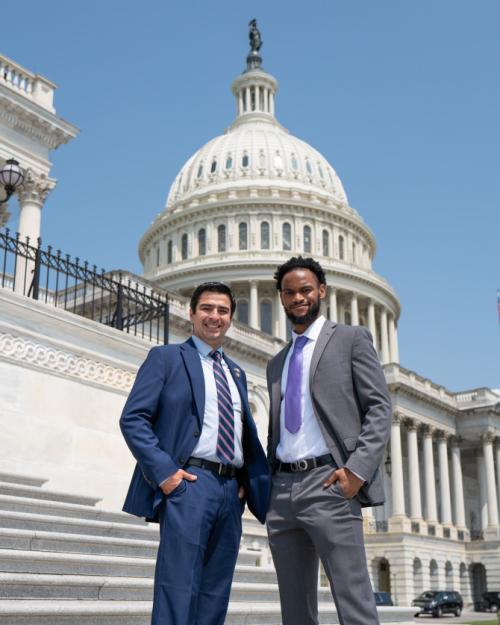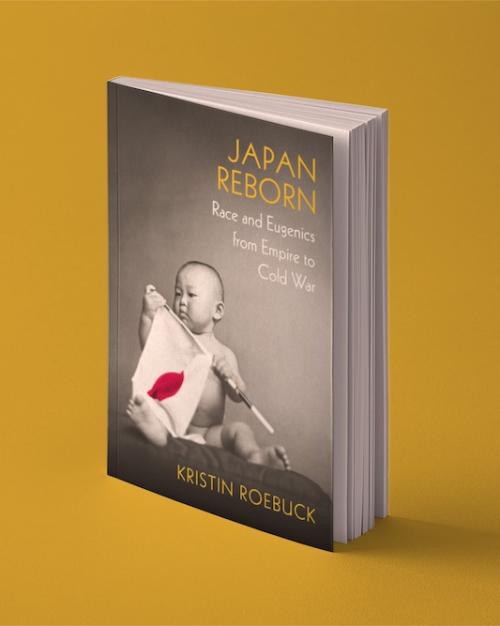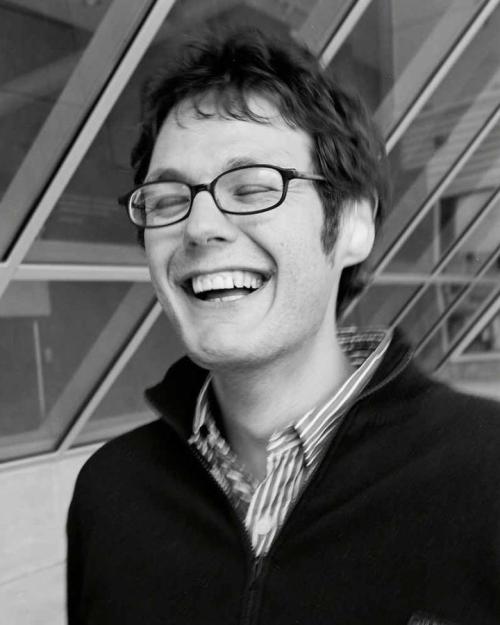During times of war and hardship, poetry can offer a particular solace and insight. In recent weeks, Ilya Kaminsky’s poem “We Lived Happily During the War” has been shared across social media as communities throughout the world have followed Russia’s invasion of Ukraine.
Poet, translator, and essayist Ilya Kaminsky will read poems, discuss his collections “Dancing in Odessa” and “Deaf Republic,” and speak about his new work on Thursday, March 24 at 5 p.m. in the Rhodes-Rawlings Auditorium in Klarman Hall. The event, “The Language of Poetry in a Time of Crisis: A Poetry Reading and Conversation with Ilya Kaminsky,” is presented by the Department of Literatures in English in the College of Arts & Sciences (A&S).
“Deaf Republic” received the Los Angeles Times Book Prize, the Anisfield-Wolf Book Award, and the National Jewish Book Award. It was a finalist for the National Book Award, National Book Critics Circle Award, the Forward Prize for Poetry and T.S. Eliot Prize. “Deaf Republic” was a New York Times Notable Book for 2019 and was named Best Book of 2019 by numerous publications.
“Dancing In Odessa,” Kaminsky’s first book, received the Whiting Award, the American Academy of Arts and Letters' Metcalf Award, a Lannan Fellowship, an Academy of American Poets’ Fellowship, the NEA Fellowship, Poetry magazine's Levinson Prize and a Guggenheim Fellowship.
Kaminsky emigrated to the United States in 1993 from Odessa, Ukraine with the fall of the Soviet Union. He is a professor at Georgia Institute of Technology in Atlanta where he holds the Margaret T. and Henry C. Bourne, Jr. Chair in Poetry. His work can be found in The Guardian, The New York Times, The Boston Review, The New York Times Magazine, Poetry and The Yale Review.
In a recent interview with The Daily Princetonian, Kamiksy said, “We must remember that even in the most difficult situations, people are still able to retain their humanity. They fall in love, they marry, and they have children. We must honor that too, and not just speak of the darkness of war. We must honor human survival, because if we don’t do this, if we don’t pay attention to every aspect, we dehumanize the suffering.”
The March 24 reading will be open to in-person attendance for members of the Cornell community (with Cornell ID). Anyone can livestream the reading. Attendance guidelines are mandatory and subject to change; visit english.cornell.edu/english-events for current guidelines and more information.
Amanda Brockner is MFA Graduate Program Coordinator in the Department of Literatures in English.
Read the story in the Cornell Chronicle.




